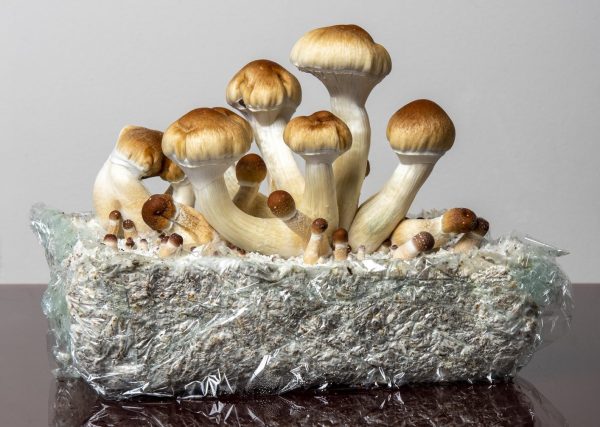The stigma associated with psychedelic drugs has been pretty severe over the years, due in part to totally tone-deaf leaders who probably pretended to be high off oregano. But one of the biggest impediments to drug marijuana normalization has been the failed and costly war on drugs. In total, the United States has pissed away (cue Dr. Evil voice) $1 trillion on the war on drugs.
Worse yet, the war on drugs has resulted in tossing millions of innocent Americans into prison for small possession. And since race always seems to fuck up a good time, a 2022 analysis of marijuana possession arrests in Texas for the years 2017 to 2019 reported that African Americans comprised 30.2 percent of all possession arrests, yet Black people comprised only 12.9 percent of the state’s population.
But even if the entire country seems to be on track to heading back to the dark ages, marijuana and psychedelic drugs appear to be the one thing on which we can, oddly enough, agree in the 21st century. Medical marijuana is now legal in 29 states and recreational weed in nine states, meaning that our buzzkill leaders are either dipping into the magic plant themselves or are finally aware that the rest of us are.
One of the oft-overlooked aspects of the debate on legalizing drugs is the mental health benefits that come with psychedelics. Today, we’re taking a deep dive into six of these kinds of psychedelic drugs to see how they might help with a variety of psychological issues.
Cover Photo: Photograph © Jon Cartwright (Getty Images)
8 Ways Psychedelics Might Improve Mental Health
-
1. Psilocybin
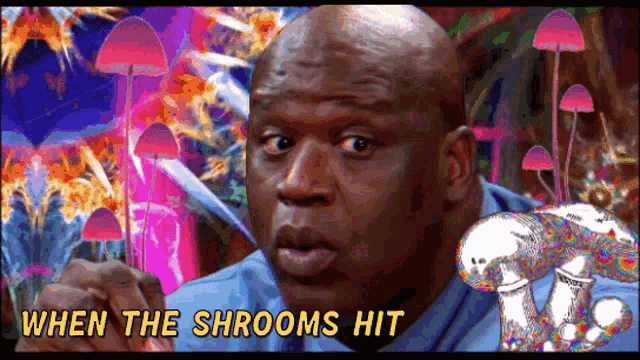
Although we commonly think of 'shrooms as being something you'd find at a Grateful Dead concert, they actually have legit benefits for mental health. Psilocybin is considered the most researched psychedelic substance and is being explored as a treatment for depression, cancer-related distress, and different forms of addiction.
-
2. LSD
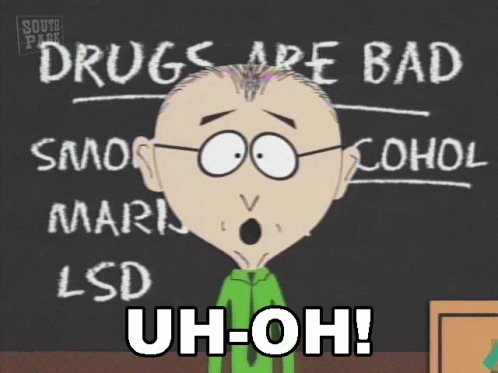
Originally used in the 1960s in Army centers and on troops in Vietnam, LSD has gotten a rep as a hippie drug. Like psilocybin, LSD is being studied as a therapeutic agent for depression, cancer-related distress, and addiction, according to Matthew W. Johnson, PhD, a professor of psychedelics and consciousness research in the department of psychiatry and behavioral sciences at Johns Hopkins University School of Medicine in Baltimore.
-
3. Molly
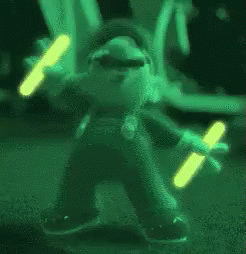
Ah, the classic rave drug of the mid- to late-1990s. When you think of Molly, the first thing that comes to mind is EDM music blasting in a city warehouse-turned-nightclub. However, psychiatrists are looking at MDMA as a potentially game-changing treatment for PTSD.
-
4. Ketamine
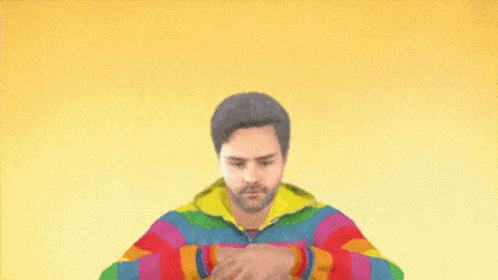
Ketamine is mostly thought of as the drug that rapists slip into the drinks of unsuspecting women at frat parties, but the FDA has approved a form of ketamine available as a nasal spray that can help treat depression.
-
5. Peyote
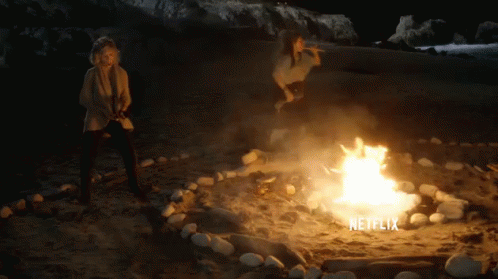
Peyote is not your run-of-the-mill recreational drug. When you think peyote, you think Jim Morrison roaming the desert in search of truth and balance. After all, the hallucinogenic drug derives from a cactus plant. But lately, researchers are looking at peyote as being used in the treatment of depression and anxiety.
-
6. Ecstasy

Although used in rave culture like MDMA (or Molly), ecstasy in its pure form is now being considered in the treatment of PTSD, according to preliminary research in the Journal of Psychopharmacology.
